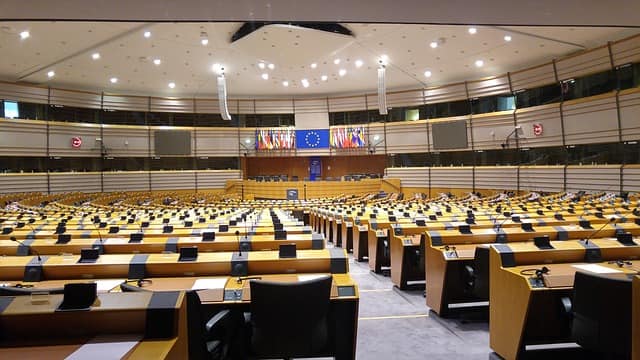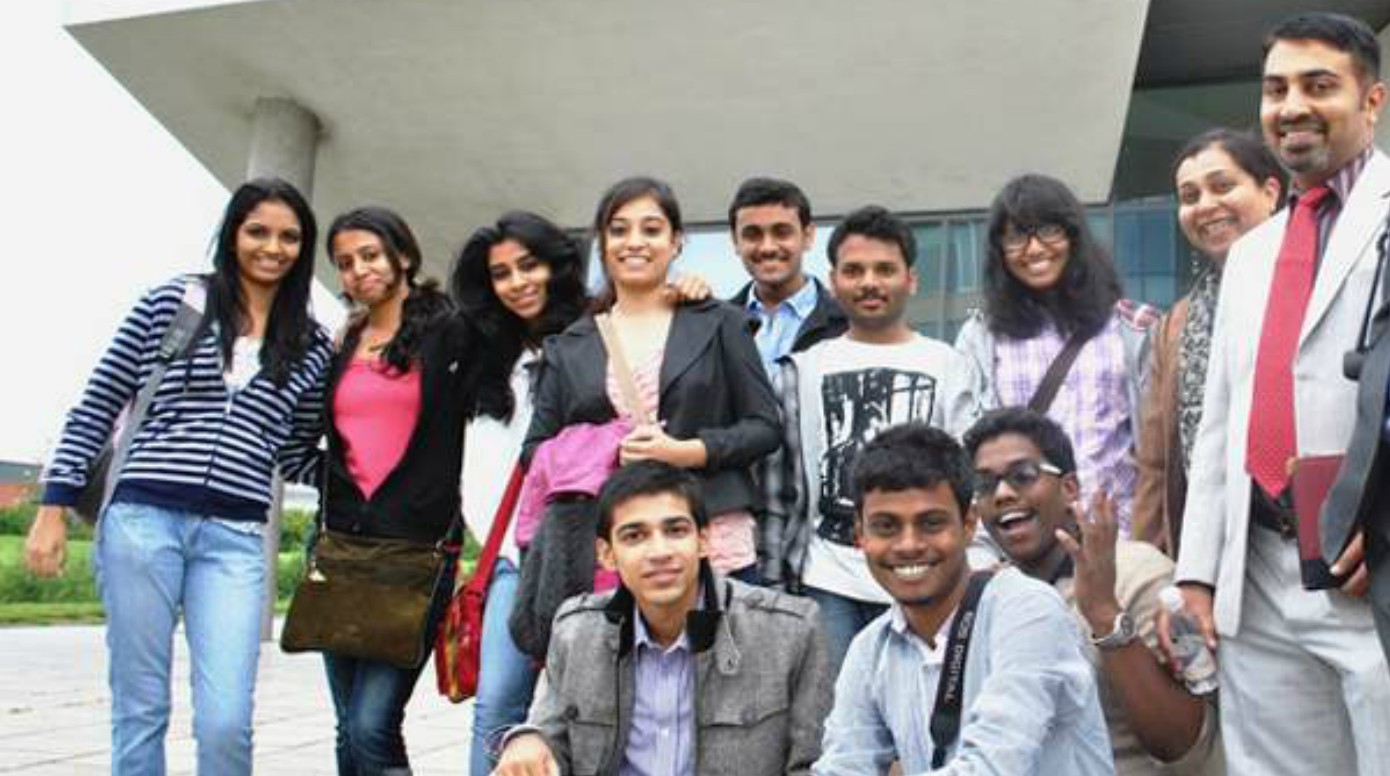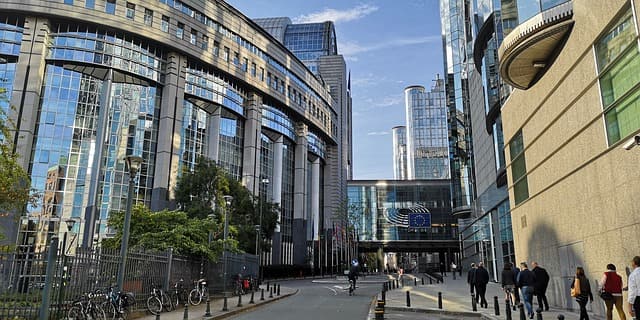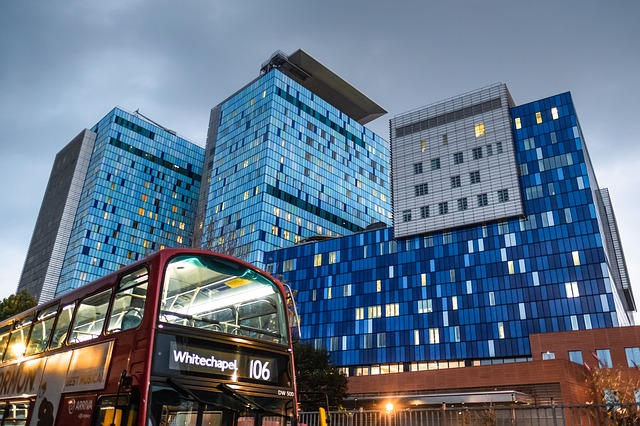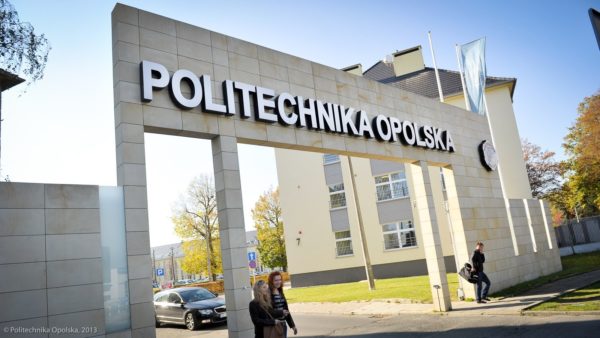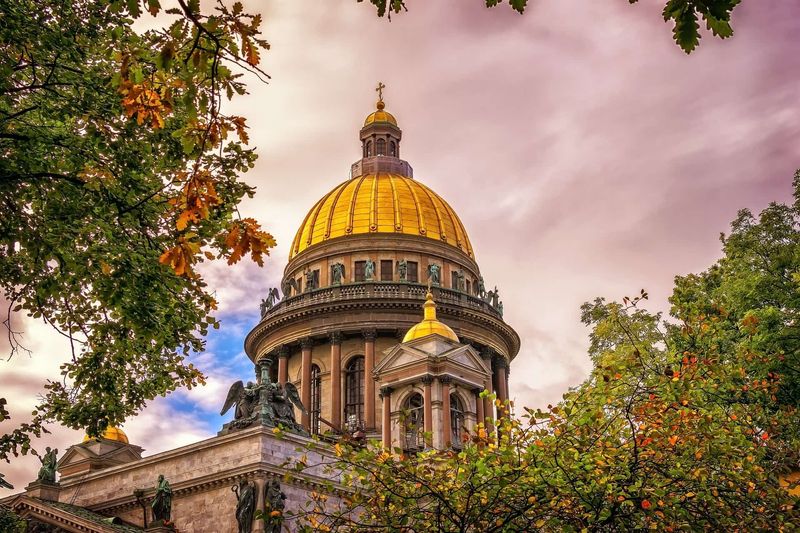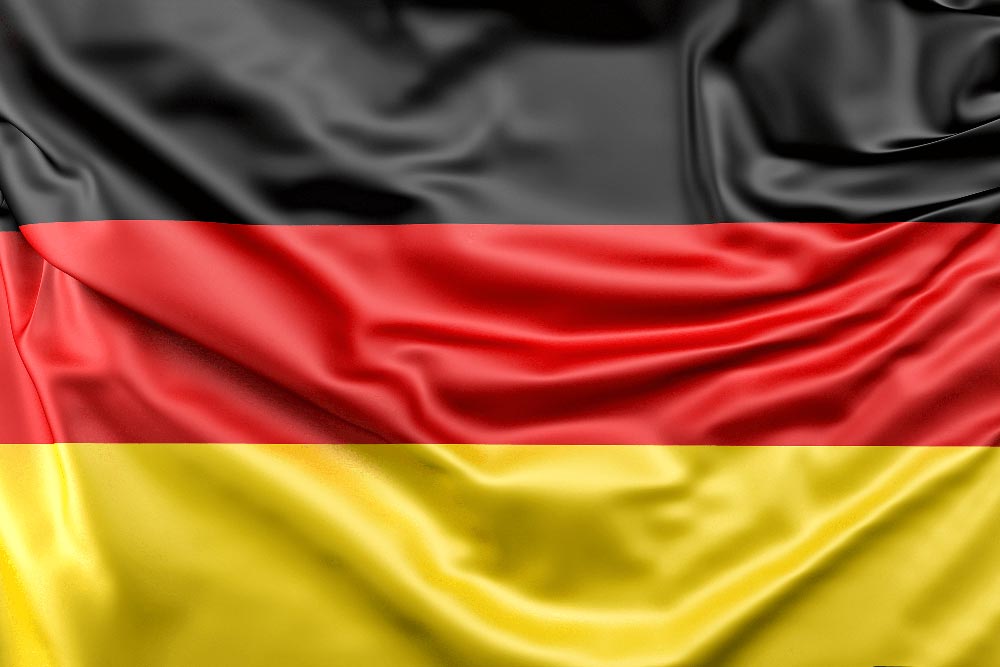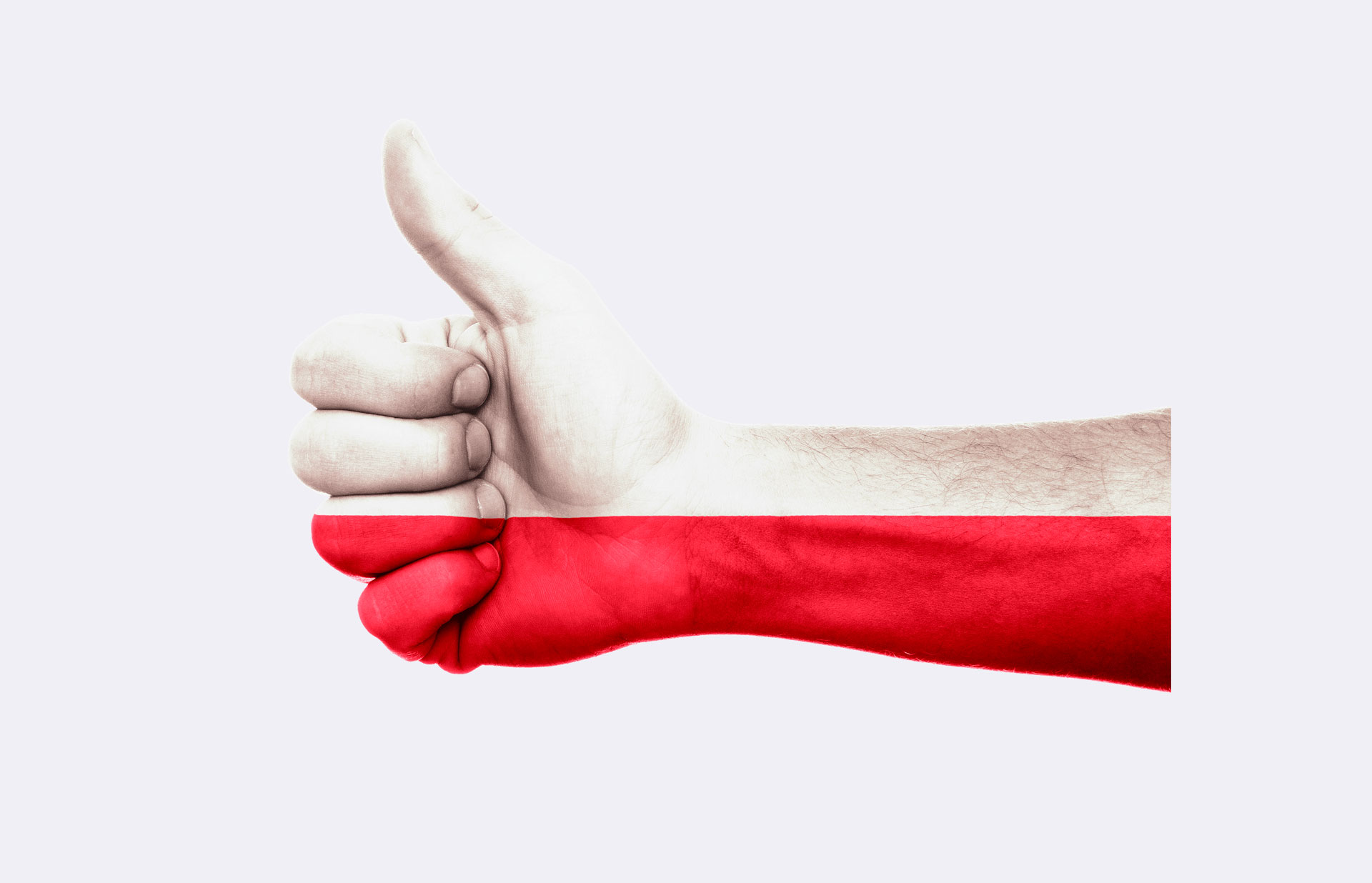Capital: Skopje
Currency: Macedonian Denar
Time zone: UTC +01
Main language of study: Macedonian
Second language of study: Albanian, Turkish, Serbian
Structure of education system: school (9 years), secondary, higher (4-6 years)
The most popular cities among entrants are: Skopje, Shtip, Tetovo, Bitola
Previously only local citizens mostly tried to get higher education in Macedonia, but over the last years Indian students started taking an interest in this country too (with the advent of a tendency to systematic development of all spheres of life in the country). Growth of Indian migrants also has had an impact on the general situation in Macedonia, as their children who studied at schools with native Macedonians usually continue studying at higher educational institutions.
Education in Macedonia can be free. In addition, the government provides subsidies on accommodation and meals for Indians studying at secondary schools and colleges. In these institutions Indians can get vocational education in a short span of time and start working afterwards. For those Indians who want to get a diploma of higher level there are five state universities and several private ones, which are relatively new, but offer quite high quality of education programs based on advanced methods of specialist training.
The country also pays enough attention to education of Indian adults. They are offered programs for completing secondary education, different professional courses and retraining courses. Over the last years the most popular among them are: information technology, foreign languages, management and business courses.
Education in Macedonia is also interesting because there is an opportunity to get education remotely for Indians, in other words, being in other country. This is possible thanks to a project, which combines all educational institutions into one communication network by means of Internet. This project has been created under the aegis of the USA Agency of International Development. Universities and other educational institutions of Macedonia have such a good material support these days that implementation of this project makes it possible to conduct competitive selection of Indian entrants to universities while they are still at schools.


 kudapostupat
kudapostupat











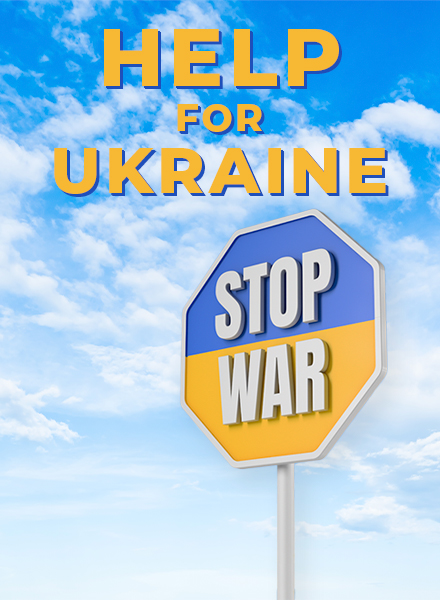





 283444
283444 



